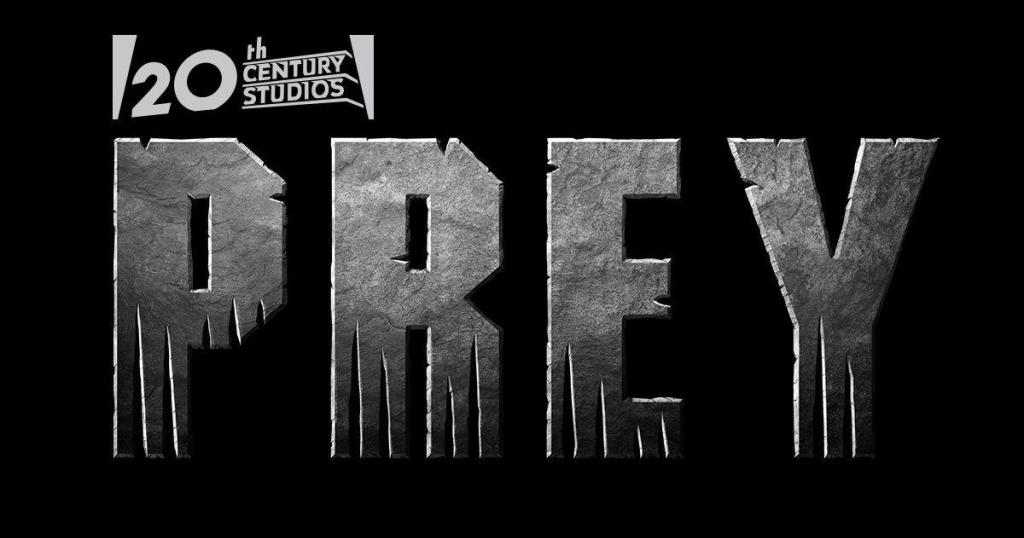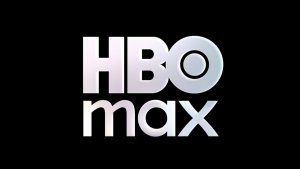Prey is now available to watch on Hulu, and it has, by all accounts, revitalized the Predator franchise in a big way. Prey have overwhelmingly thrilled both critics and audiences alike, with a four-star official review on ComicBook, a Certified Fresh Rotten Tomatoes critics score and a Fresh audience score to go along with it.
Videos by ComicBook.com
More importantly, Prey has achieved the all-important feat of generating massive buzz online and on social media. The movie has been the focus of big water cooler talk both leading up to and during its opening weekend, with many fans ranking it at the top of the franchise with the original Predator movie. However, the success of Prey has naturally splintered off into a side conversation about the choice to release the movie on a streaming service like Hulu. A lot of viewers coming away satisfied with Prey have quickly turned to lamenting that this quality film wasn’t given a theatrical shot. Well, that’s an easy opinion to have in hindsight – but it’s also a indulgent fantasy pulled out of the latecoming certainty of hindsight.
This was meant to be a surprise. Been working on this for almost 4 years now. I am very sad that what we had in store for how you could discover this movie will no longer happen. It’s a bummer. But also…YAY! https://t.co/pKWz9tDAEB
— Dan Trachtenberg (@DannyTRS) November 20, 2020
Prey was initially developed as a regular theatrical movie at the same time Shane Black’s The Predator was bieng developed, and 20th Century Studios was going to take the bold step of completely marketing Prey as a film about Native American Comanches, while keeping its Predator connection a complete surprise. Thanks to the 2020 pandemic and industry leaks we’ll never know how that surprise Predator movie would’ve worked out. However, there was a lot to discern from history, once Prey’s place in the Predator franchise was revealed.
Predator Has Never Been A Blockbuster

The entire formula for the Predator franchise has always been in the “modest budget for modest profits” vein that sustains the horror movie genre, in particular. Predator was a “hit” in 1987 for making just short of $100 million on a $15 million budget; after that, Predator 2 took a dip with $55M on a $35M budget in 1990, and the franchise didn’t even try again for 20 years when Predators came in 2010 looking to revitalize things. Even with Robert Rodriguez’s name thrown around (as producer) Predators only earned a modest 127.2M on a $40M budget – more successful than Predator 2, but slimmer margins than the original film. Shane Black’s The Predator tried to throw more money at the problem with a $88 million budget, but only earned $160.5M – a high for the franchise, but still a major failure of profit in a 2018 movie marketplace. Even when Predator tried for crossover “event” films long before Marvel, the Aliens vs. Predator movie of 2004 only earned $177M on a $60-70M budget. The sequel: AVP: Requiem is looked at as an abysmal low for both franchises, earning on $130M on a $40M budget.
That’s all to say: Predator has never, ever, been a movie franchise that’s achieved blockbuster success – certainly not as a solo franchise. The idea that Prey would’ve been the one to break that mold is nice – but the numbers have never been there to support such an idea.
What Would Be The Draw?

Marvel movies are still doing well in theaters post-pandemic, with established franchises like Fast & Furious, Batman, and Jurassic World really being the only non-Marvel properties to hit big. Top Gun: Maverick used a potent combination of big screen spectacle and nostalgia around one of the most popular movies of all time to pull record numbers of viewers back into the theater. After that, the story of film doing well in movie theaters gets a lot shorter.
As stated above, Predator have never had blockbuster franchise momentum behind it; director Dan Trachtenberg has made quality TV and movie content that has strong cult following, but is not a blockbuster movie draw; the Native American actors and subject matter of the film aren’t things that would automatically and unequivocally sell theater tickets and pack in the seats. Prey would’ve almost certainly gotten a boost form good word of mouth – but that same word of mouth goes a lot further to making people click “play” on a streaming service than it would getting them out to a theater to pay those theater prices. The original plan for a “surprise” Predator franchise film would’ve similarly been good for snagging mainstream attention – but selling a new take on Predator as a streaming feature was arguably a much safer bet.
Theater Screenings Can Still Be A Thing

If so many viewers come away from Prey feeling like they’d had a chance to see it in theaters, whose to say 20th Century Studios won’t give them the opportunity later? Big theatrical special event screenings are still all the rage right now; instead of wasting them on misguided Internet fads like Morbius, hosting theatrical screenings for a film as successful as Prey seems to be is an opportunity for both financial bonus and market testing.
Streaming is the next big future lane of entertainment, and Prey is stepping into some interesting new waters of how streaming features can be made and marketed in ways that both benefit studios in measurable ways, and either open or prop open doors to creators being able to take more creative risks with film projects that otherwise may be deemed “too risky” for theatrical costs.
In the end, Prey’s success may largely be due to being a promising film, from a respectable franchise, offered for home viewing in a week where theatrical viewing tends to dip with final summer vacations and/or back-to-school preparations. Why lament it? If success as a streaming movie leads to more great Predator films, what’s the real loss here?
And next time a Predator movie is in theaters, let’s see what the turnout actually looks like. As entertainment continues to evolve, some franchises may find streaming to be THE lane they’ve always been waiting for.









